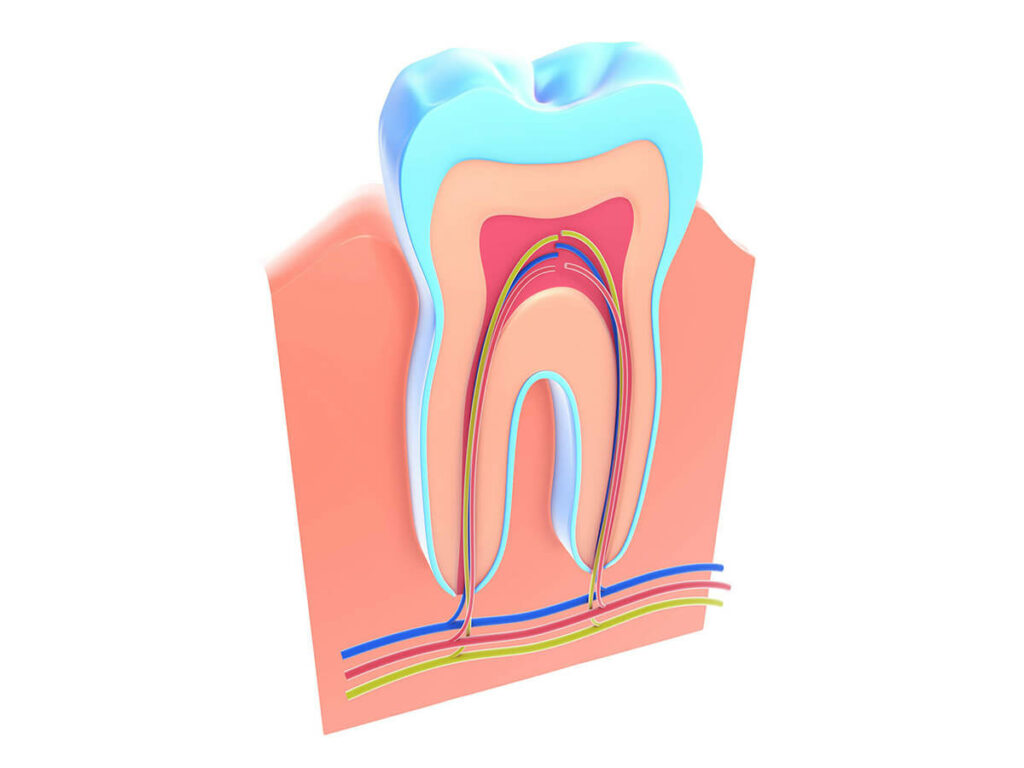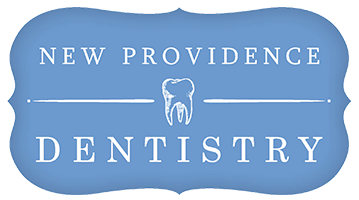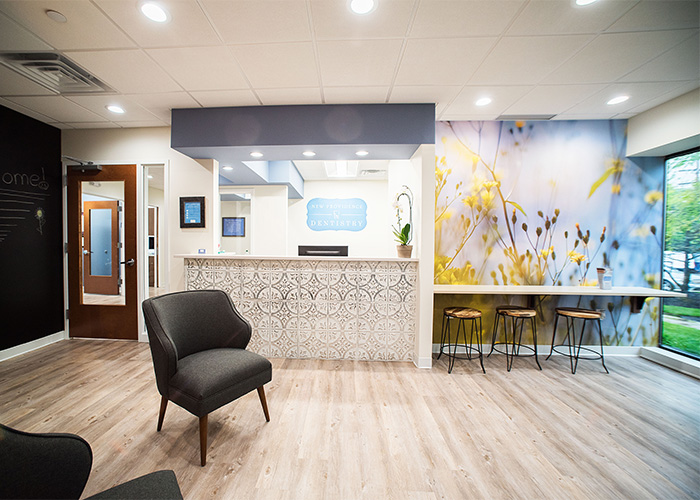Root Canal Treatment
Root canal treatment can save an infected tooth from otherwise full extraction—it’s a proven procedure that will leave your mouth healthy and strong while restoring its natural appearance.
Root Canal Treatment
The root canal of a tooth is the tooth’s inner structure and it consists of a soft, delicate material called the pulp. This material is normally protected by the tough enamel that surrounds it. However, a potentially serious infection can occur if harmful bacteria are able to break down the outer enamel and access the inside pulp. This happens due to deep cavities or unexpected injuries. If you don’t treat this infection, you could likely lose your tooth. Root canal treatment is a great solution to treat a serious inner tooth infection.

-
What is a root canal?
A root canal is a procedure used to save a tooth when the nerves inside become inflamed. The dentist must remove the infected tissue in order to save the tooth and stop the pain. Once that is done, the infected area is cleaned out.
Root Canal Symptoms
A patient suffering from an infected root canal will almost certainly recognize that there is something wrong. They will usually be in severe pain and will notice the following symptoms:
- Severe and intense toothaches that won’t go away
- Sensitivity to hot and cold foods and drinks
- Swollen and tender lymph nodes
- Recurring abscesses on the gums
Generally, but not always, a crown will need to be placed after the root canal treatment is complete in order to protect the tooth from any further damage.
-
How do I know if I need a root canal?
Coursing through every tooth’s center is a vital bundle of nerves and blood vessels that provide nutrients and sensation to each tooth. As long as the tooth stays healthy, you’re rarely aware of the systems at work.
But pain rapidly changes your awareness in any part of the body. Tooth pain can be especially alarming, and it’s meant to warn you that something’s not right. Pain tells us that the bundle of nerves and vessels inside your tooth is irritated, damaged, or under attack.
A deep cavity can give bacteria access to the inner nerve bundle. A crack extending into the same region can create stress that will need additional care to relieve. In some cases, a significant infection may develop in your jaw without any symptoms at all. If your dentist determines that the nerve won’t recover or infection is present, then root canal treatment may be suggested.
-
How is root canal treatment performed?
Root canal treatment starts with digital X-rays to determine the extent of the damage. The dentist will carefully access the tooth’s inner structure and clean out the infectious material to leave the tooth as a hollowed-out structure. Then they flush the area with an antimicrobial liquid. The tooth is then treated with a medicated filling substance to offer support and strength to help the tooth heal in a timely manner. To protect the tooth, a dental crown is placed over the structure to prevent fractures and breakages.
-
How long does the pain from a root canal last?
There is a common misconception that root canals are very painful. The truth is, the root canal procedure itself isn’t usually any more painful than a tooth filling. Dentists typically provide an anesthetic before the procedure that minimizes pain and discomfort during and after the procedure. Some sensitivity and discomfort are common while the area around the root canal heals. Gums can become swollen or agitated during the procedure, which results in mild pain. This pain should subside when the tooth is healed. After your treatment, your dentist will provide you with special instructions on how to care for your newly treated tooth.
More Questions?
If you have more questions about root canal treatment, please contact our office and we will be happy to discuss further.

